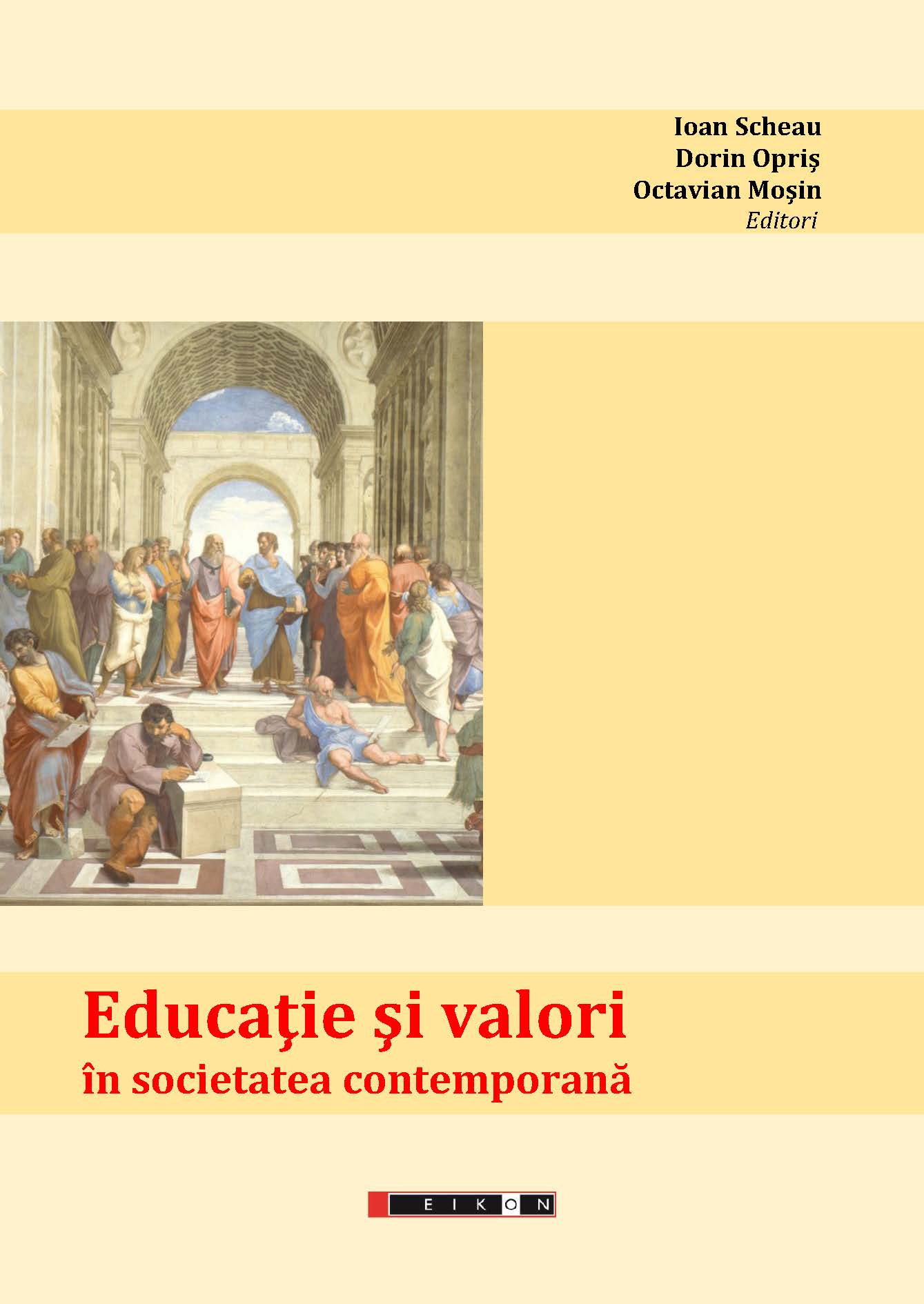CONCEPȚII SOCIAL-POLITICE ALE ANTICHITĂȚII GRECEȘTI
SOCIAL-POLITICAL CONCEPTS OF GREEK ANTIQUITY
Author(s): Ioan Scheau
Subject(s): History, Law, Constitution, Jurisprudence, History of Law, Political history, Social history, Ancient World
Published by: Editura Eikon
Keywords: society; state; politics; antiquity; law;
Summary/Abstract: The present paper presents the main social and political concepts of Greek Antiquity: Democritus, Plato, Aristotle and Epicurus. Democritus analyzes three fundamental problems: - the role of politics: to achieve happiness for as many people as possible; - justice: the main virtue that citizens must cultivate; - form of government: democracy. Plato builds the model of an ideal society consisting of three social classes: - the philosopher (politician) – who must lead society; - the soldiers - who must defend the fortress; - citizens (producers of goods and services) - what must ensure the necessary for the functioning of the fortress. Aristotle thinks of the state as a higher court that must ensure the welfare of the citizens, and therefore politics becomes the most important practical science. Epicurus supports a view close to that of the social contract. Society is structured on the basis of a non-aggression agreement between people. This agreement (the law) legitimizes a higher structure (the State) to oversee the functioning of society.
Book: Educaţie şi valori în societatea contemporană
- Page Range: 31-34
- Page Count: 4
- Publication Year: 2022
- Language: Romanian
- Content File-PDF

